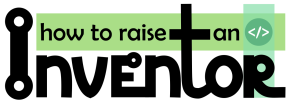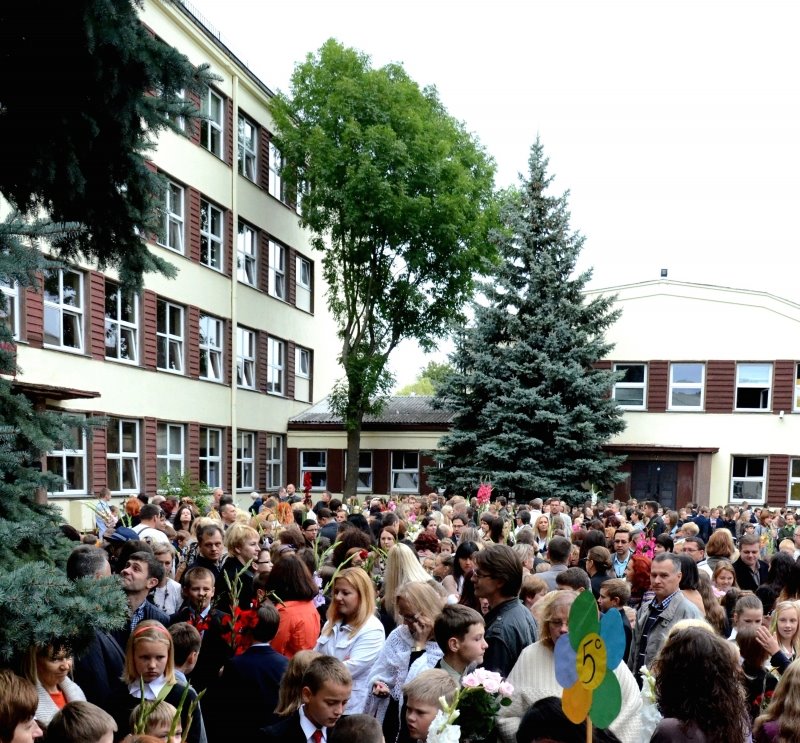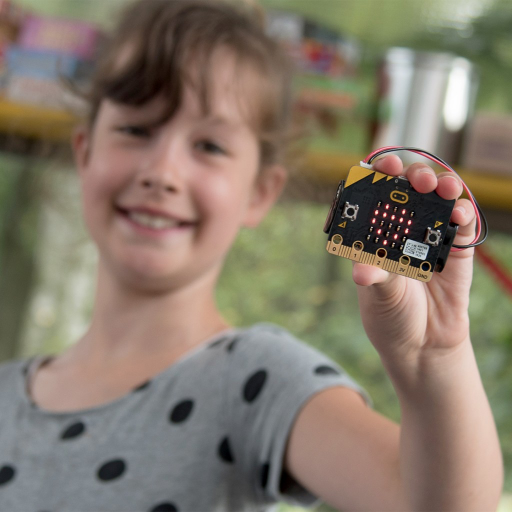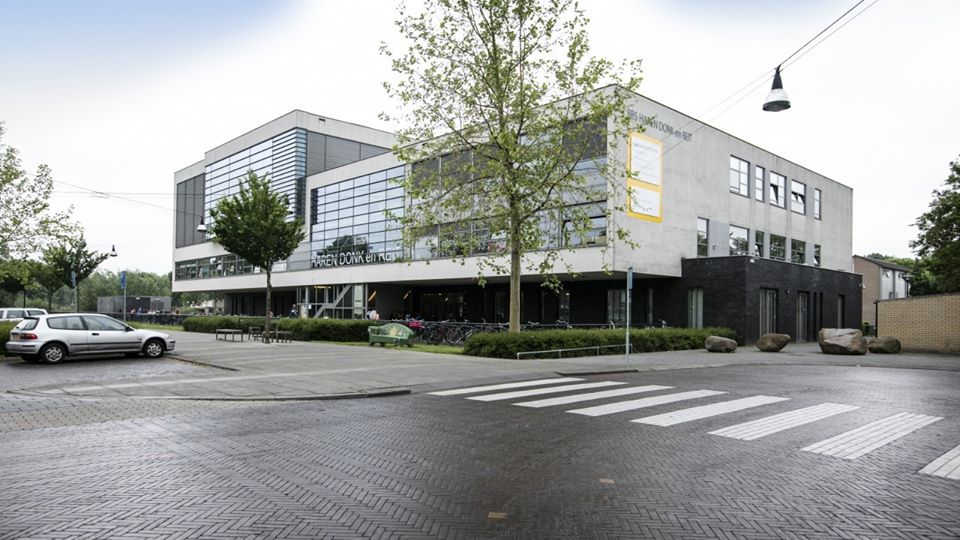We are happy to present you partners of the Erasmus+ KA2 Strategic partnerships for school education project “How to raise an inventor. Technology and engineering learning material for schools”.
- Robotikos mokykla (School of Robotics), Lithuania
VŠĮ “Robotikos mokykla” (School of Robotics) is a non-profit organisation. Since 2013, the company has been a major provider of non-formal technical and engineering education for kids in Lithuania. The topics include 3D printing, robotics, Lego, virtual reality and microBits, among others. Its activities are directed toward three groups of clients: non-formal education of children; methodology training for teachers of information technology, science and technology as well as non-formal sector teachers (volunteers, librarians, retired engineers); sales of tools and equipment for technology training, for educational institutions.
It provides non-formal STEAM training for various age-groups of clients. These are kids (starting at 5 years of age), teenagers and young people. The school hosts a wide range of activities. Most activities target children and youth, but there are also programmes for adults and in-company training, and even technology training for unemployed people throughout Lithuania. Students discover how to use the newest breakthrough technologies.
- KTU inžinerijos licėjus (KTU Lyceum), Lithuania
KTU Lyceum of Engineering is the first school of this type in Lithuania. It specialises in engineering. The school provides primary and secondary education as well as engineering education. Students usually have particular educational needs because of their technical creativity and remarkable abilities in science. Engineering is an interdisciplinary subject uniting several educational areas. Students’ competencies are consistently developed throughout all educational levels in the school. The following engineering areas are implemented in the school curriculum: mechanical, energetic, materials, chemical, biological, design, civil, computer and audiovisual media as well as technology engineering.
- Rīgas Valsts 2. Ģimnāzija (Riga State Gymnasium No 2), Latvia
Riga
State Gymnasium No 2 is a state school with 800 students and 80
teachers located in the centre
of Riga, in Latvia. There are
students aged 12-19. Students focus on programmes of Economics,
Nature Sciences, Humanitarian Sciences and Maths. The school has
interest groups of Robotics and Engineering. The students of these
interest groups participate in annual competitions in Latvia and
Estonia.For introduction of lego-robotics the school has received
financial support from Riga City council. The school has participated
into several Comenius, Erasmus+ and Nordplus Junior international
projects.
- Cooperatie Devlab, The Netherlands
DevLab participates in the Erasmus project “How to raise an inventor” in which 4 countries collaborate. Project goal is to create and test tools which stimulate the introduction of technology in the primary and secondary school system. DevLab’s role is to create 12 lessons based on programming and creation, making use of the micro:bit platform. The lessons are currently under development, and will be tested on the school De Haren in ’s-Hertogenbosch. In parallel to that we have invited schools to participate in a giant ‘maker’ project, to engage them into programming in combination with making. 23 schools are participating and currently preparing 975 micro:bit based maker projects in total.
- Fundacja Edukacyjne Centrum Doskonalenia (ECD), Poland
The
ECD Foundation is a non-profit for profit organization. At the
Pomeranian ICT Cluster, it is dedicated to support employers in
providing qualified personnel for the ICT industry. For seven years,
the Foundation, as the first, such organization in Pomerania,
provides various development opportunities for various groups of
recipients. The Foundation’s mission is “Ensuring the
availability of qualified
human resources”.
The
Foundation strives to fulfill its mission by acting for four target
groups:
–
students
–
students
–
potential ICT employees
–
employees of ICT companies
The
aim of the ECD Foundation’s activities is building a knowledge-based
society and innovation, developing a network of cooperation and
partnership of entrepreneurs and other entities with business
environment institutions, educational institutions and public
administration entities, raising the level of ICT knowledge, raising
the level of qualifications on the labor market, and stimulating
entrepreneurship and innovation.
- Signum de Haren, the Netherlands
The
Primary school BBS Haren – Donk – Reit wants to give room to the
Development of Children. Development (learning) takes place from 0-13
years and will place both inside and outside the Child Center. The
world of the very young children is small and as children get older
they develop and expand the world themselves. This is visible in the
building.
Playing
and learning takes place in the community.
Children stay in groups, taking into account the individual needs and
individual possibilities of each child. Children learn from and with
each other. We Stimulate working together. Living en learning
together starts with playing together and learning together. This is
a basic principle of our primary school.
The project is co-funded by the Erasmus + KA2 Strategic partnerships for school education programme.
Project agreement No. 2017-1-LT01-KA201-035284.
Project coordinator: School of Robotics, Lithuania.
Project duration: 02.11.2017-01.11.2019.














